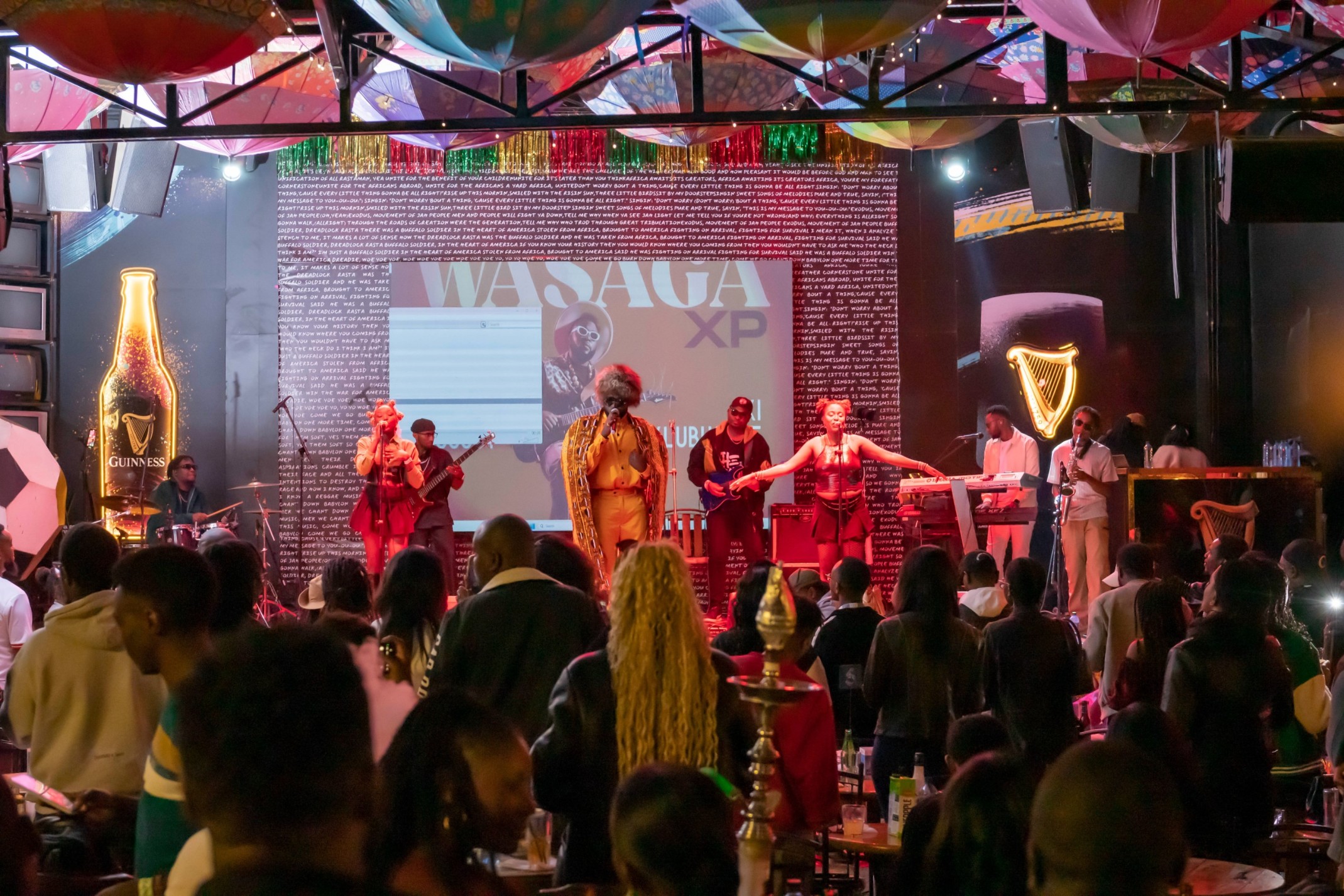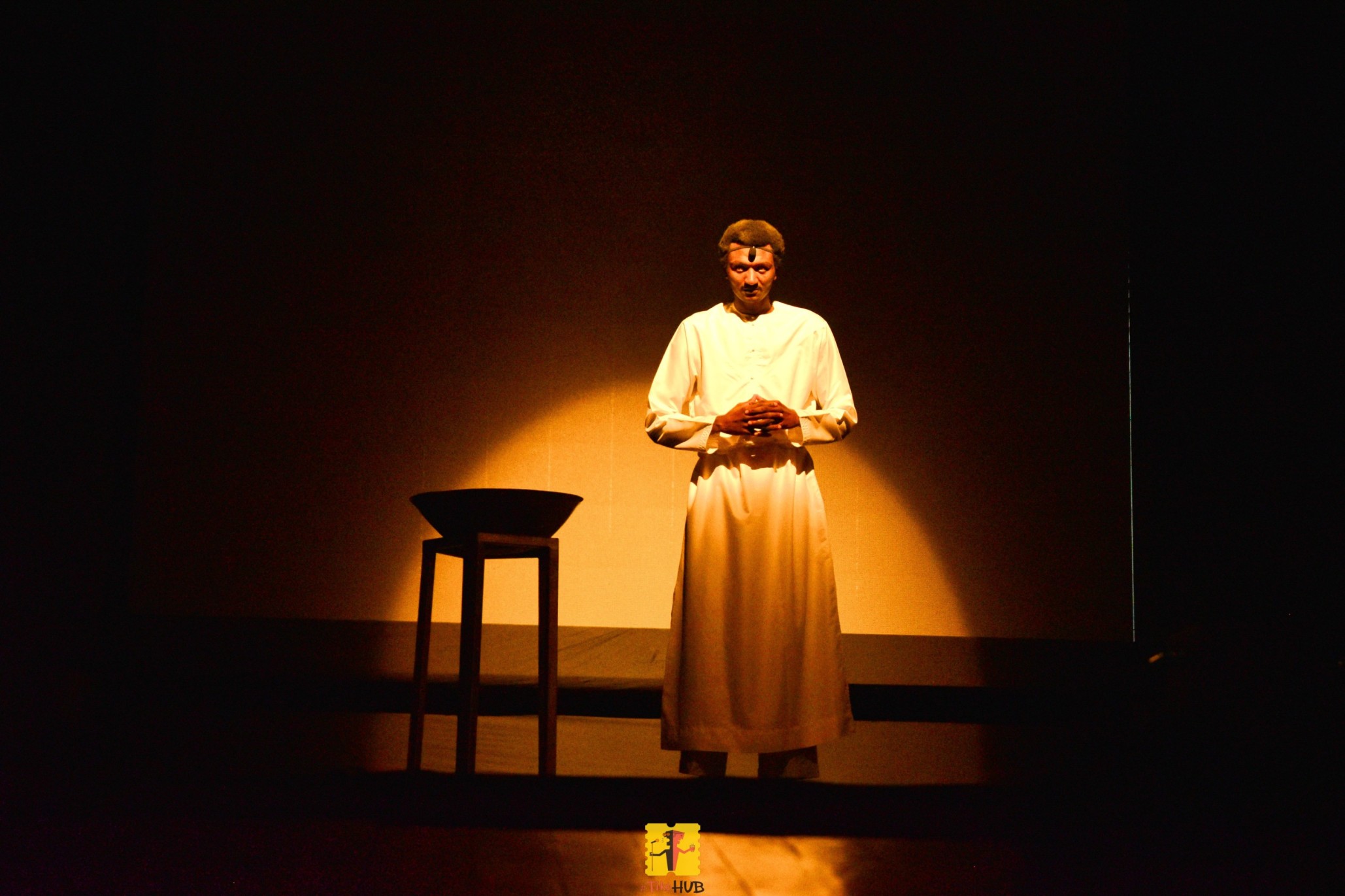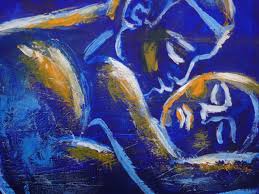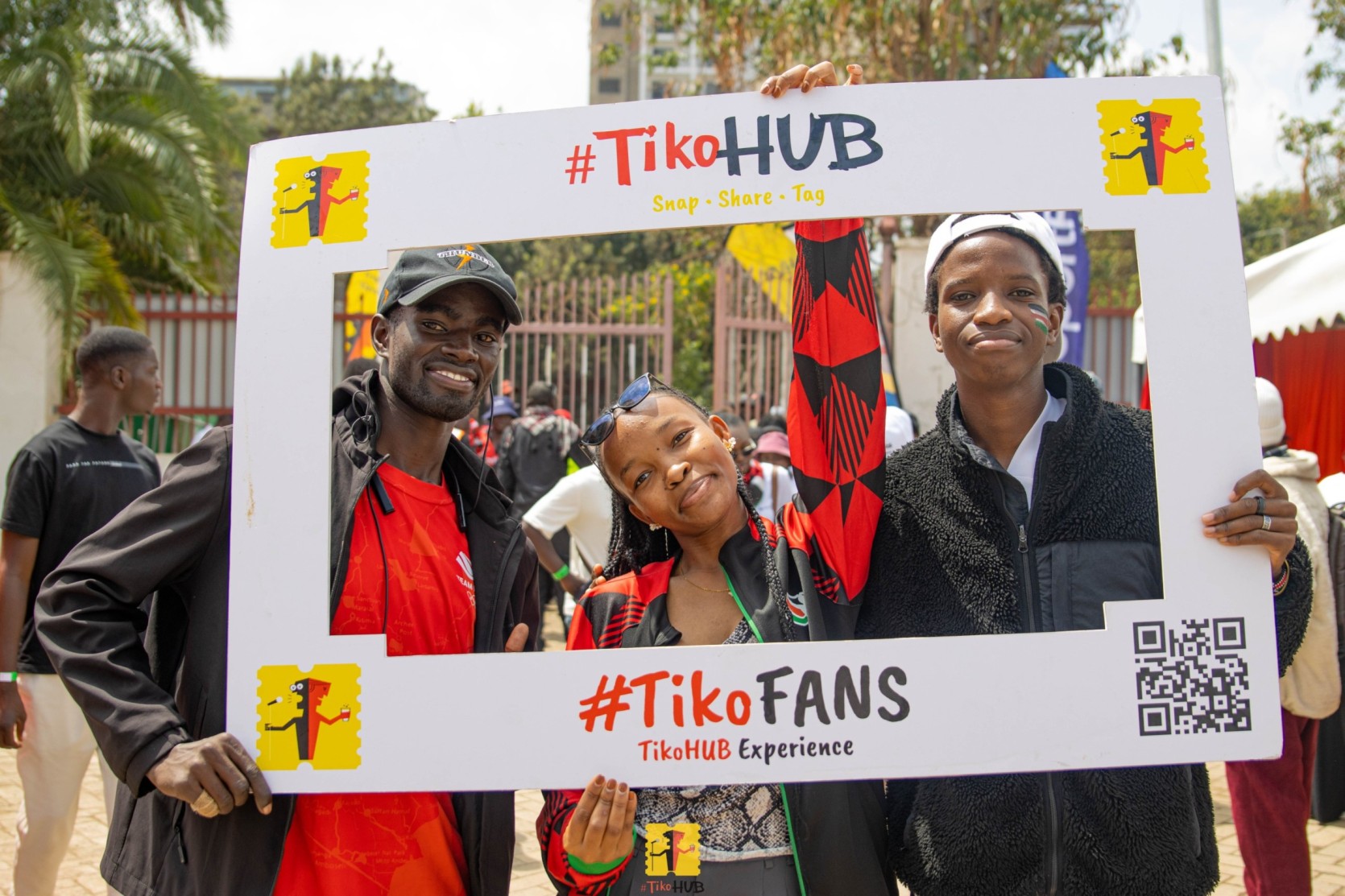Kunene unyise, awach arite e dho nam,
Amako ngege to mbuta ang'ieune
Awach arite e dho nam
Nyaduse nyaduse bi ing'eni miya mor×2
Nyaduse nyaduse onge mapimi go×2
In harmony with the strums, Ywaya Tajiri belted out. Thum Moraa! And interestingly so, the fairy lit Chemi Chemi Restaurant in Lavington was packed with revelers, lovers of intimate live concerts, acoustics, and fashion, judging from the urban trendy looks.
The lineup at the Usanii Deluxe Party, including Nate Kang, Ashley Gogo, Oty Mulla, and five others, promised to be a hit, and so it was, as the fans bared their souls to the lyrics and sang along to the artists just a few meters away on the little stage.
Just a few weeks ago, Wasaga XP, a similar intimate concert by Elisha Wasaga as the main act, was similarly packed. And this got me to thinking, what was the magic in the acoustic sessions with an urban lineup? And why are fans constantly drawn to them over big concerts?
Well, it’d be that here, the artist strip down their music and connect closely, and fans so desire the raw authenticity, with less spectacle and more soul.
During a conversation with Wasaga, featured earlier, he shared that during the launch of his Suba Star Album at the Wasaga XP concert, he had the rare opportunity to test new music in front of a live audience. An exhilarating feat indeed, muddled with mixed feelings of anticipation.
It’s not just fans who gain; the artists themselves find unique opportunities in these intimate spaces.
For many upcoming and mid-level urban artists, acoustic sessions offer a powerful stepping stone in their journey.
Unlike big concerts that require heavy budgets, sponsorships, and extensive logistics, these small gigs are easier to organize and far more affordable to stage.
A simple setup, a guitar, a microphone, and a cozy venue are often enough to create magic. Beyond the savings, the sessions provide something money can’t buy: direct fan engagement.
Artists get to look their audience in the eye, share stories behind their songs, and even improvise with crowd participation.
Over time, these raw, unfiltered moments help build loyal followings in the most organic way possible, turning casual listeners into lifelong supporters. The rise of Kodongklan, just as interesting.
Beyond the music itself, these small acoustic concerts carry a deeper significance. They create a sense of community, turning venues into shared spaces where fans and artists belong together rather than being separated by a stage.
They also contribute to culture, giving Kenya’s urban sound room to grow beyond the commercial mainstream and celebrating creativity in its raw form.
Perhaps most importantly, they point to the future of events, a shift toward micro-experiences where intimacy and authenticity matter more than scale, and where every performance feels like a personal connection.



